As a parent, your baby’s health is always a top priority. Recognizing the early signs that your baby might be getting sick can make a significant difference in their comfort and recovery. Here are some key indicators to watch for.
Other Topics You Might Like
Helpful Products You Might Like
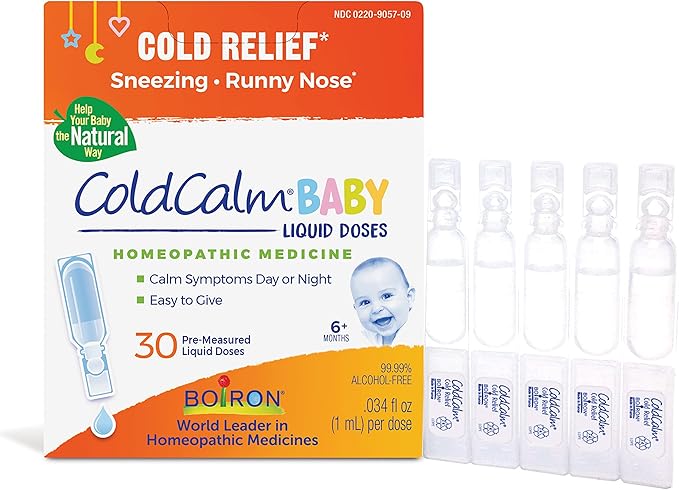
ColdCalm Baby Liquid Drops
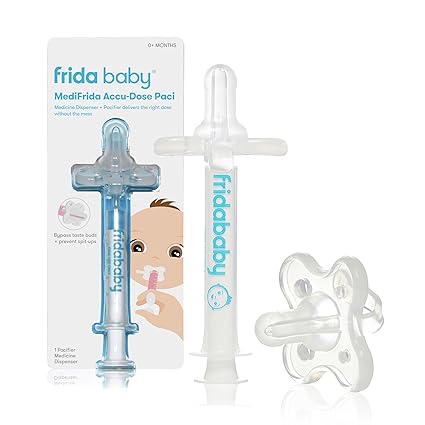
Frida Baby Medicine Pacifier
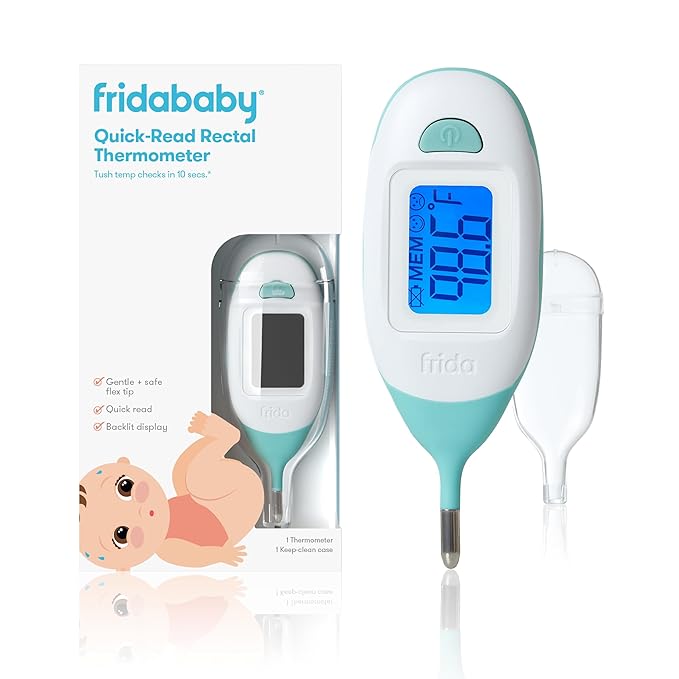
Frida Baby Rectal Thermometer
"(Paid Links)" 
Changes in Appetite
One of the first signs that something might be wrong is a noticeable change in your baby’s eating habits. If your baby suddenly starts refusing to eat or is eating less than usual, it could be an indication of illness. Conversely, an unusual increase in hunger can also signal a problem.
Fever
A fever is a common sign of illness in babies. While a slight increase in temperature might not be alarming, a high fever (generally considered to be a temperature over 100.4°F or 38°C) should be monitored closely. It’s important to use a reliable thermometer to check your baby’s temperature and consult your pediatrician if the fever persists or is accompanied by other symptoms.
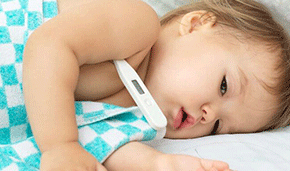
Changes in Behavior
Babies are sensitive to illness, and changes in their behavior can be a red flag. If your baby becomes unusually irritable, lethargic, or fussy, it may indicate they’re not feeling well. Watch for signs of excessive crying or disinterest in their usual activities.
Trouble Sleeping
While some disruption in sleep patterns can be normal, if your baby has trouble sleeping or seems unusually restless, it might be a sign of illness. Look for other accompanying symptoms like coughing or difficulty breathing.
Coughing and Congestion
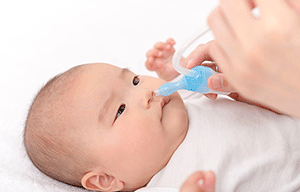
Persistent coughing, wheezing, or nasal congestion can be indicators of a respiratory infection or allergies. Monitor your baby’s breathing and look for signs of labored breathing or a persistent cough.
Changes in Diaper Output
Pay attention to changes in your baby’s urine and stool. A decrease in wet diapers, dark urine, or changes in stool color and consistency can be signs of dehydration or other health issues.
Skin Changes
Rashes, unusual paleness, or a flushed appearance can indicate various health problems. New or unusual skin changes should be evaluated by a healthcare provider, especially if they appear alongside other symptoms.
Vomiting or Diarrhea
Vomiting and diarrhea can be signs of gastrointestinal issues, such as a stomach virus or food intolerance. Monitor the frequency and severity of these symptoms and ensure your baby stays hydrated. If these symptoms persist or are severe, seek medical advice.
Ear Pulling or Redness
Babies often pull at their ears or seem unusually fussy when they have an ear infection. Ear infections can be painful and may cause your baby to become irritable or have difficulty sleeping.
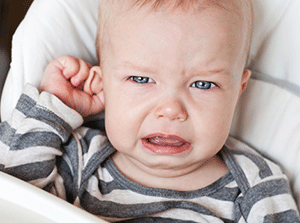
Difficulty Breathing
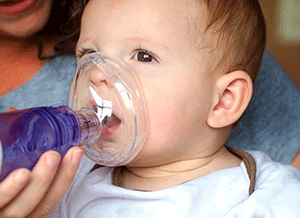
Any signs of difficulty breathing, such as rapid breathing, wheezing, or a bluish tinge around the lips or fingertips, should be taken very seriously. Seek immediate medical attention if you observe these symptoms.
Early detection and prompt treatment are crucial for your baby’s health. Always consult with a healthcare provider if you have concerns about your baby’s health. Your pediatrician can provide guidance tailored to your baby’s specific needs and ensure they receive the appropriate care.
